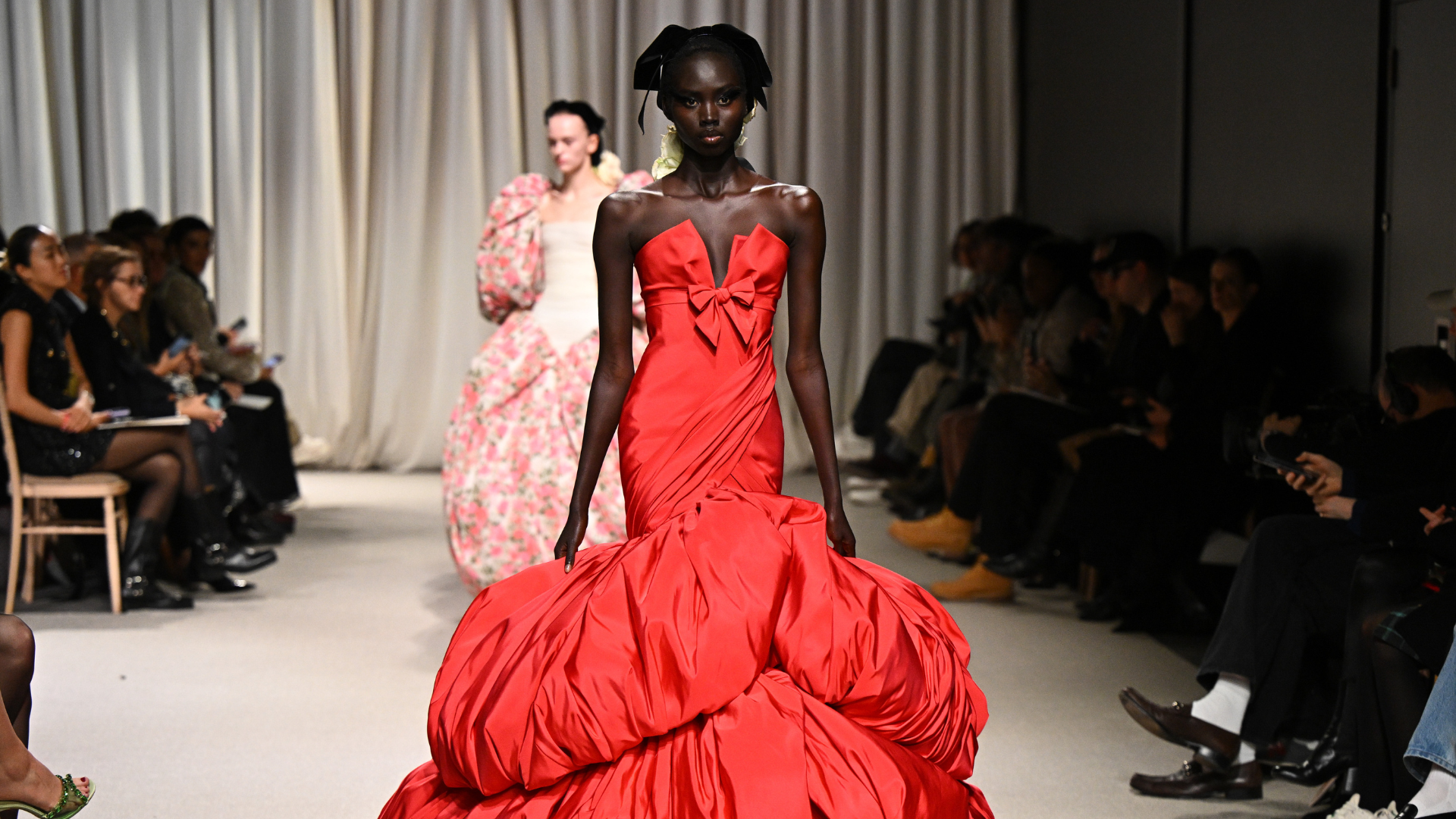
The fashion industry is known for selling aspirations. Often, models are thin, and at times plus-sized models are rarely seen on the runway, disabled models are even rarer. It’s elusive for a reason, the allure and desire that is part of the industry keeps outsiders isolated. Roles and positions may feel unattainable to many who belong to marginalized communities. Despite these notions, in the last few years, mainly during the pandemic, the industry seemed to be turning a new leaf with diversity and inclusion being top buzzwords. For a closer look, we’ve tapped a few millennials and a boomer to share their ideas and how they’re feeling. From their vantage point, they’ve dissected personal style, diversity, and more.
Shelton Boyd-Griffith a 31-year-old freelance fashion writer feels the industry has some changes it must address. “There are still many issues such as size diversity still not being a priority [and] the same white designers [being] shuffled from creative director roles,” he tells ESSENCE.com. Boyd-Griffith notes that celebrity over-saturation is a part of the industry too.
He firmly believes fashion is in a decent space and expresses that the industry is “slightly accessible and mainstream.” With the industry gaining popularity this gives more space for other perspectives and points of entry into the fashion industry. A positive he’s seeing is menswear being much more exciting and the conversation on sustainability getting louder with initiatives attached to them.
Conversely, in regards to self-expression through fashion, twenty-something millennial Utibe Mbagwu feels, to put it bluntly, weird. Her TikTok “For You” feed is constantly throwing trends and “cores” her way, most recently she’s been seeing “mob wife core,” a trend aiming to shut down quiet luxury.
“While it’s true that you can see who has a similar timeline as you by the way they dress, I do still feel, because of the realities of our bank accounts, we’re still wearing clothes that feel true to us, rather than overhauling our closets because a new ‘core’ just dropped,” Mbagwu shares. She adds that trends are fun to play around with especially when you wear them with timeless pieces.
“I also don’t think that the proliferation of following your peers and way of dressing is specific to this time,” Mbagwu notes. “Your formative years of taste-building are always inspired by your environment and we find our footing with time, and trial and error.”
Sonya Shields, a 60-year-old nonprofit executive director and president, has a much more positive outlook on fashion. Shields lives for the fantasy and innovation of fashion. “I have been dating fashion since I was a little girl, and currently I’m feeling a deep love and passion for fashion,” Shields shares in an email. She’s equally appreciative of fashion’s boundless creativity that opens doors for herself. “I love that I can embrace all of these creative fashion approaches to express personal style.”
From the woes of the fashion industry to the woes of self-expression, it’s safe to say there is always room for improvement. We can take a page from Sonya’s book of excitement for fashion, finding pockets of positivity when it comes to the ever-changing landscape of fashion’s different layers.